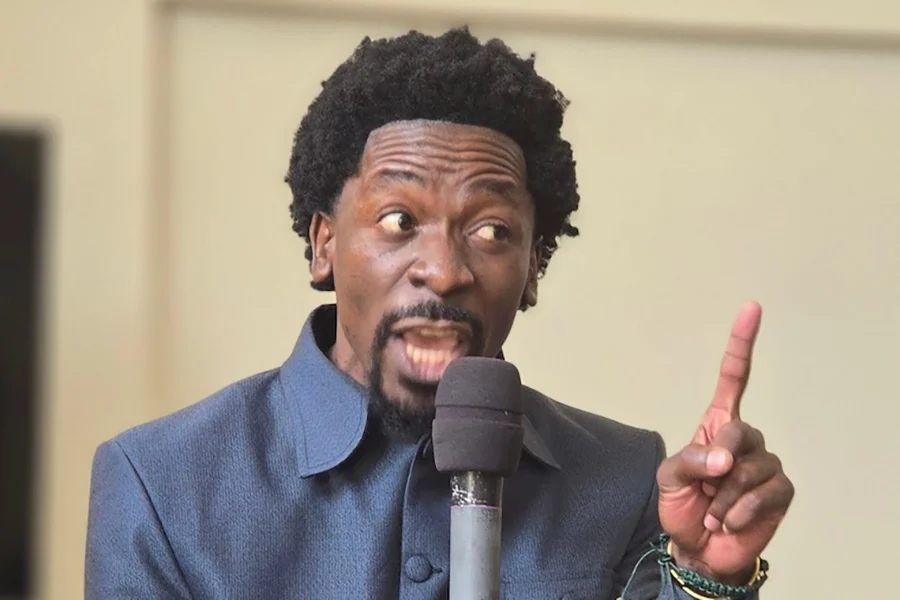ULS Petitions Human Rights Commission Over Continued Military Trials of Civilians

The Uganda Law Society (ULS) has petitioned the Uganda Human Rights Commission (UHRC) over the government’s continued defiance of a Supreme Court order halting the trial of civilians in military courts.
In a letter dated June 23, ULS President Isaac Ssemakadde accused state agencies of violating the 2021 Supreme Court decision in Attorney General v. Michael Kabaziguruka, which ruled that military courts lack jurisdiction over civilians and ordered the transfer of all such cases to civilian courts.
“The continued impunity by the state constitutes a direct breach of the Constitution and has resulted in prolonged illegal detention and abuse of due process,” Ssemakadde stated in the petition.
The Supreme Court reaffirmed its position earlier this year, on January 31, reiterating that ongoing trials of civilians in military courts must stop immediately, though it did not invalidate previous convictions.
Despite this, authorities have continued prosecuting civilians in military courts a practice human rights groups say undermines fair trial guarantees.
For years, Uganda’s military courts have tried hundreds of civilians including political opponents and government critics under laws that fall short of both domestic and international fair trial standards.
The 2005 Uganda People’s Defence Forces (UPDF) Act permits these courts to try anyone “subject to military law,” and allows for the death penalty. Judges are military officers who are not required to have legal training.
A 2011 Human Rights Watch report found that military court proceedings particularly in the Karamoja region often violated defendants’ rights, including denial of legal counsel, forced confessions under torture, and lack of impartiality.
Courts have repeatedly ruled against the use of military courts for civilians.
In 2021, the Constitutional Court declared the relevant sections of the UPDF Act unconstitutional. However, enforcement has remained elusive.
In October 2024, the General Court Martial in Makindye sentenced 16 civilian supporters of the opposition National Unity Platform (NUP) to five years in prison after they pleaded guilty to charges of treachery and possession of explosives.
They were among 32 NUP members who spent over three years in pre-trial detention.
Nineteen of them were later released following a presidential pardon in November 2024.
At least nine remain in custody. One detainee, Olivia Lutaale, said she pleaded guilty simply to regain her freedom after years of detention without trial.
Lawyers challenging these practices have also faced retaliation.
In January 2025, lawyer Eron Kiiza who represents opposition figure Kizza Besigye was sentenced to nine months by a military court for contempt, without trial or legal representation. Witnesses reported he was assaulted after protesting restrictions inside the courtroom.
Just days later, police arrested seven activists marching to the Supreme Court to protest Kiiza’s trial, charging them with being a “nuisance.”
President Museveni has defended military trials for civilians, claiming civilian courts are too slow in handling violent crime.
However, international law strongly opposes the use of military courts for civilians under any circumstances.
The African Commission on Human and Peoples’ Rights states that military courts should have no jurisdiction over civilians.
The ULS is now urging the UHRC to use its constitutional powers under Articles 52 and 53 to launch a public investigation and release a special report to Parliament and the public.



0 Comments